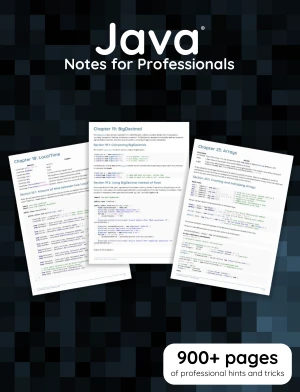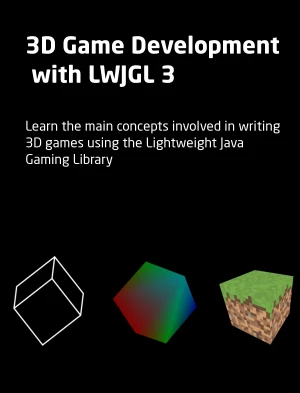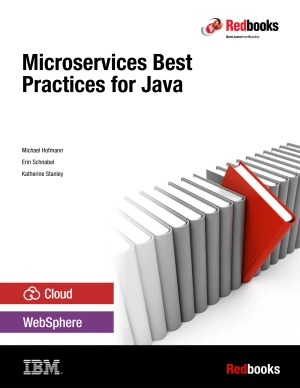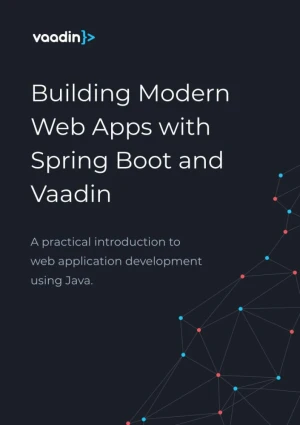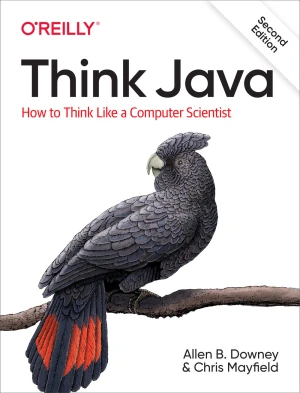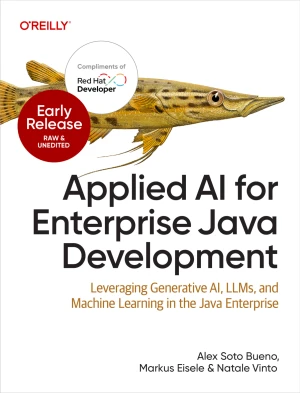The Common Java Cookbook
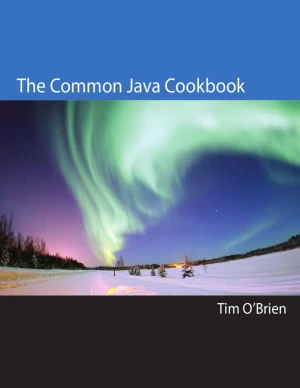
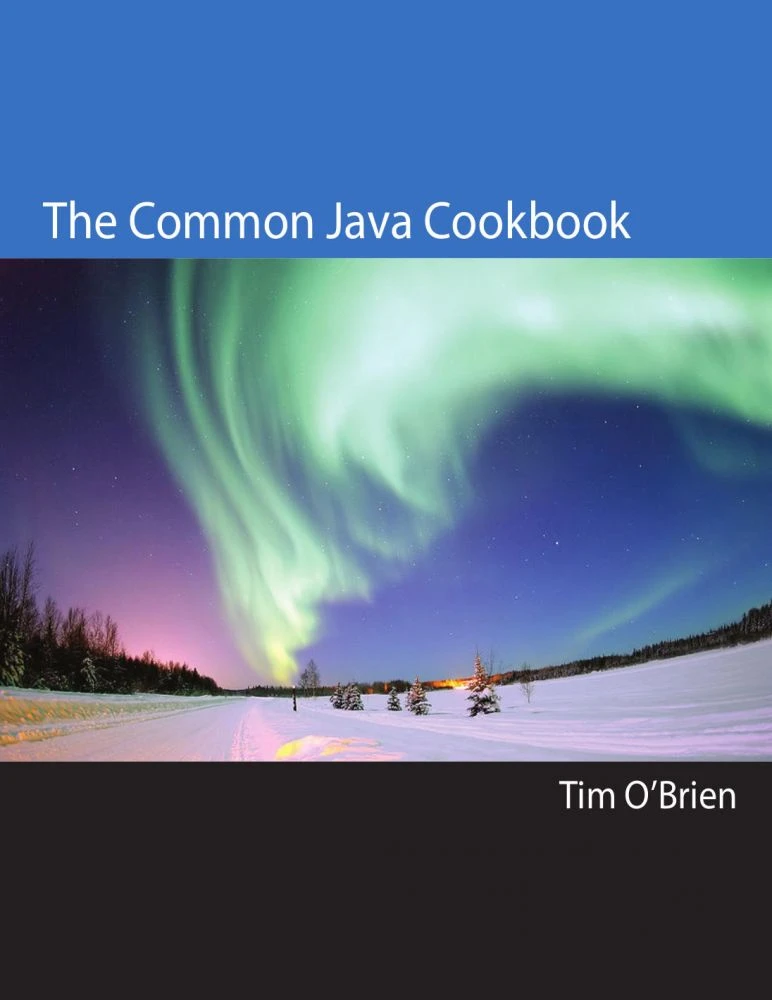
Book Details
| Author | Tim O'Brien |
| Published | 2009 |
| Edition | 1st |
| Paperback | 333 pages |
| Language | English |
| License | Creative Commons Attribution-NonCommercial-NoDerivatives |
Book Description
In this book, you'll find information about a set of libraries developed within the Apache Commons (also referred to as "Commons"). Commons is a set of small, popular components which forms a Top-level Project at the Apache Software Foundation. Ranging from the elementary to the complex, many would consider some of these libraries indispensable to any Java project. These components are so widespread, they may already be on your classpath. If you develop an application using Wicket, Maven, Struts, Tomcat, Spring, Hibernate, or any other popular Java library, you likely have Commons Lang and Commons BeanUtils in your classpath. If you just installed Red Hat Enterprise Linux with the default configuration, you've got Commons libraries somewhere in /usr . While Apache Commons may be everywhere, many are still unaware of the capabilities these components provide. This book is an attempt to provide some documentation for these popular components.
This book focuses on tactical implementation details, answering such questions as: How do we parse XML? How do we serialize beans? Is there an easier way to work with Collections? How do we work with HTTP and keep track of cookies? In enterprise software development, the tactical is often sacrificed for the strategic. Consider a complex enterprise-scale system with a solid, well-conceived architecture. The strategic (or high-level) design appears reasonable from 40,000 feet, but as soon as you drill into the details, you notice that every component contains pages upon pages of unmaintainable and unnecessary code because the developers were not aware of some valuable time-saver like BeanUtils, Collections, or the Digester. Or, worse, the developer may have spent a week reimplementing most of the capabilities of Commons BeanUtils even though BeanUtils was already in the classpath. While a familiarity with Apache Commons may not directly affect the architecture of your application, knowing what Apache Commons can do often helps to inform decisions made at the class level.
This book is available under a Creative Commons Attribution-NonCommercial-NoDerivatives license (CC BY-NC-ND), which means that you are free to copy and distribute it, as long as you attribute the source, don't use it commercially, and don't create modified versions.
If you enjoyed the book and would like to support the author, you can purchase a printed copy (hardcover or paperback) from official retailers.
Download and Read Links
Share this Book
[localhost]# find . -name "*Similar_Books*"
Java Notes for Professionals
The Java Notes for Professionals book is compiled from Stack Overflow Documentation, the content is written by the beautiful people at Stack Overflow.
3D Game Development with LWJGL 3
This open access book will introduce the main concepts required to write a 3D game using the LWJGL 3 library. LWJGL is a Java library that provides access to native APIs used in the development of graphics (OpenGL), audio (OpenAL) and parallel computing (OpenCL) applications. This library leverages the high performance of native OpenGL applications
Microservices Best Practices for Java
Microservices is an architectural style in which large, complex software applications are composed of one or more smaller services. Each of these microservices focuses on completing one task that represents a small business capability. These microservices can be developed in any programming language. This book covers Microservices best practices fo
Building Modern Web Applications With Spring Boot and Vaadin
This guide is a practical introduction to web application development with Spring Boot and Vaadin. It covers the entire development process, from setup to deployment, following a step-by-step approach. You can replicate each section at your own pace as you follow along. The content is suitable for anyone familiar with Java who wants to build a web
Think Java, 2nd Edition
Currently used at many colleges, universities, and high schools, this hands-on introduction to computer science is ideal for people with little or no programming experience. The goal of this concise book is not just to teach you Java, but to help you think like a computer scientist. You'll learn how to program - a useful skill by itself - but you'l
Applied AI for Enterprise Java Development
As a Java enterprise developer or architect, you know that embracing AI isn't just optional - it's critical to keeping your competitive edge. The question is, how can you skillfully incorporate these groundbreaking AI technologies into your applications without getting mired in complexity? Enter this clear-cut, no-nonsense guide to integrating gene

